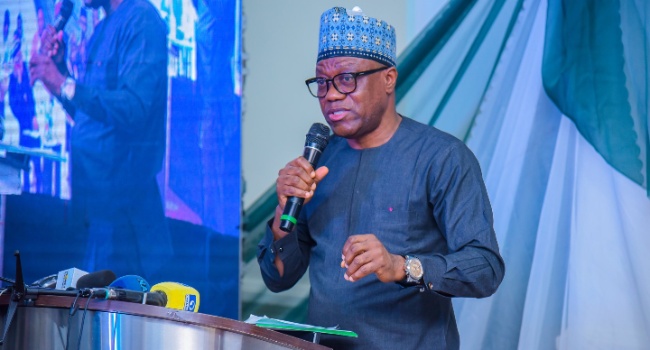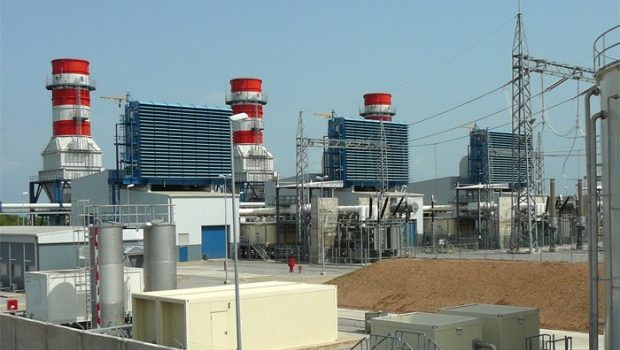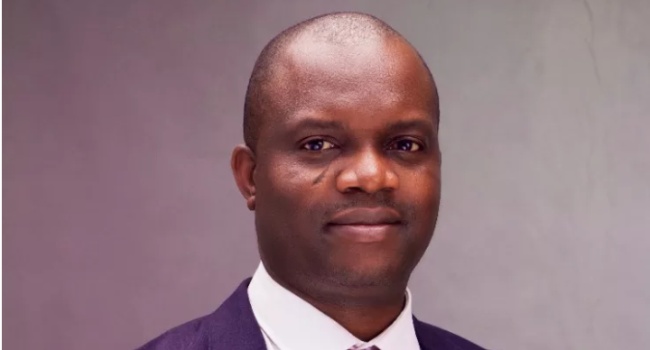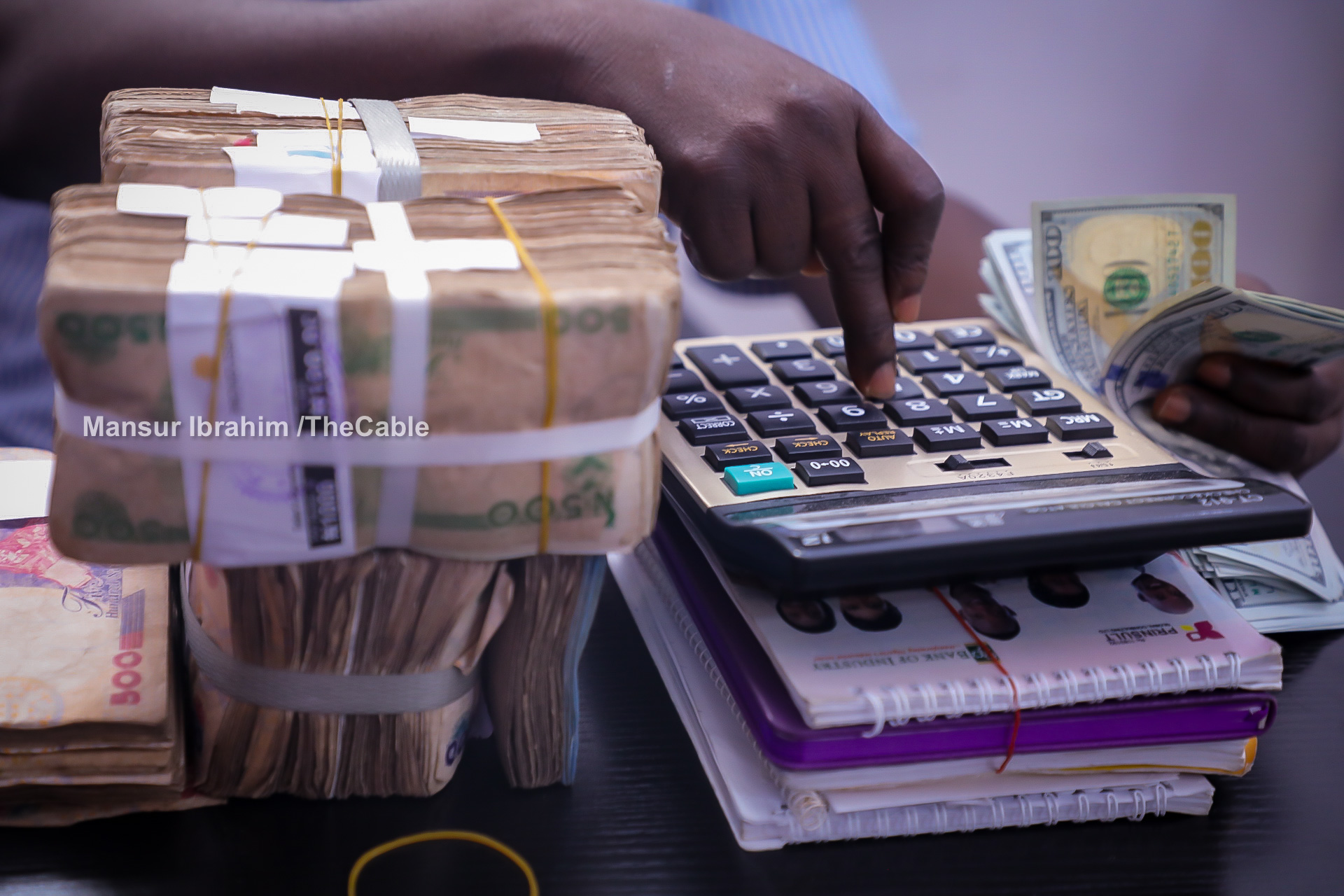The National Bureau of Statistics (NBS) says it has begun the process of rebasing the country’s gross domestic product (GDP) and consumer prices index (CPI) estimates.
Adeyemi Adeniran, statistician-general of the federation, made this known at a sensitisation workshop for stakeholders on the GDP and CPI rebasing exercise in Abuja on May 23.
GDP rebasing is the process of replacing old base year price structure in compiling volume measures of GDP with a new or more recent base year, usually every five years.
The rebasing will change the size of Nigeria’s GDP and rate of the inflation.
Advertisement
Speaking at the event, Adeniran said there was a need to ensure accuracy and timely data in today’s rapidly changing and interconnected world.
He said the workshop seeks to engage critical stakeholders, solicit feedback, and ensure that the output meets the needs of all users, providing a more accurate picture of the economy.
“When the decision was made to embark on the rebasing exercise, we made it a cardinal objective to ensure inclusivity, collaboration, and partnership throughout the process of these rebasing exercises,” he said.
Advertisement
“Our experience in recent times has shown that we have no other option than to continue to engage and foster partnerships with all constituents of the statistical system for better results.
“As a matter of fact, we are expanding the system to accommodate more stakeholders (producers, suppliers, users) of data, to ensure that we harness all available avenues and opportunities to collect, process, and disseminate statistics to support policy decision-making and monitoring in Nigeria.”
On his part, Ode Ojowu, former chief executive of national planning, said since the last rebasing in 2014, Nigeria has experienced significant structural changes in various sectors.
“These include the rapid growth of technology and digital sectors, such as fintech, e-commerce, and digital services,” Ojokwu said.
Advertisement
“Additionally, the agricultural sector has seen the emergence of new value chains, including agribusiness, processing, commodity exchanges, and export activities, as well as the growth of renewable energy sources like solar power.
“The entertainment and creative industry has also witnessed significant growth, with the skit industry, Nollywood, and music production gaining international recognition.
“Furthermore, urbanization and infrastructural development have led to an increase in the value of real estate.”
Ojowu stressed that rebasing of the CPI and GDP will capture these sectoral shifts.
Advertisement
‘REBASING WILL GIVE POLICYMAKERS RIGHT INDICATORS’
Ojokwu said rebasing the GDP will result in changes to the current macroeconomic indicators used by the government to inform policymaking.
Advertisement
“For example, in 2013, some financial indicators were lower than in the pre-rebased period, with the private sector credit to GDP dropping from 37.2 (before rebasing) to 19.7 percent (after rebasing) in 2013 and expanding to 27.2 per cent in 2023. Broad money supply declined from 35.8 (before rebasing) to 18.9 percent of GDP (after rebasing) in 2013 and rose to 34.3 percent of GDP in 2023,” he said.
“From the policy perspective, these ‘overnight’ drops looked like a lower private sector credit expansion and constrained financial system development.
Advertisement
“In 2014 the rebased GDP pushed the debt stock-to-GDP ratio down from 23.7 to 12.5 per cent in 2013. But within the decade, the government has again ramped up the ratio to 42.3 per cent. At the current ratio of 42.3 per cent, debt service is threatening the fiscal stability of the state.
“With the anticipated lower debt-to-GDP after rebasing, could the government be tempted to expand its debt closer to the international threshold? What would such a move imply for the fiscal viability of the state?
Advertisement
“The previous rebasing of the GDP, the federal government tax revenue to GDP fell from 11.3 percent to 6 percent in 2013.
“Deploying various tax measures, tax revenue to GDP improved to 10.9 percent of GDP in 2023, which is still among the lowest in the world. With the anticipated rebasing of the GDP, Nigeria’s tax-to-GDP ratio could drop significantly. Will the government be tempted to then raise taxes to ramp up the tax revenue as a percent of the GDP?”
Ojokwu, therefore, urged the bureau to continue to critically examine the composition of the GDP, and its ability to create employment, enhance incomes and generate revenue, sector by sector.
Add a comment






